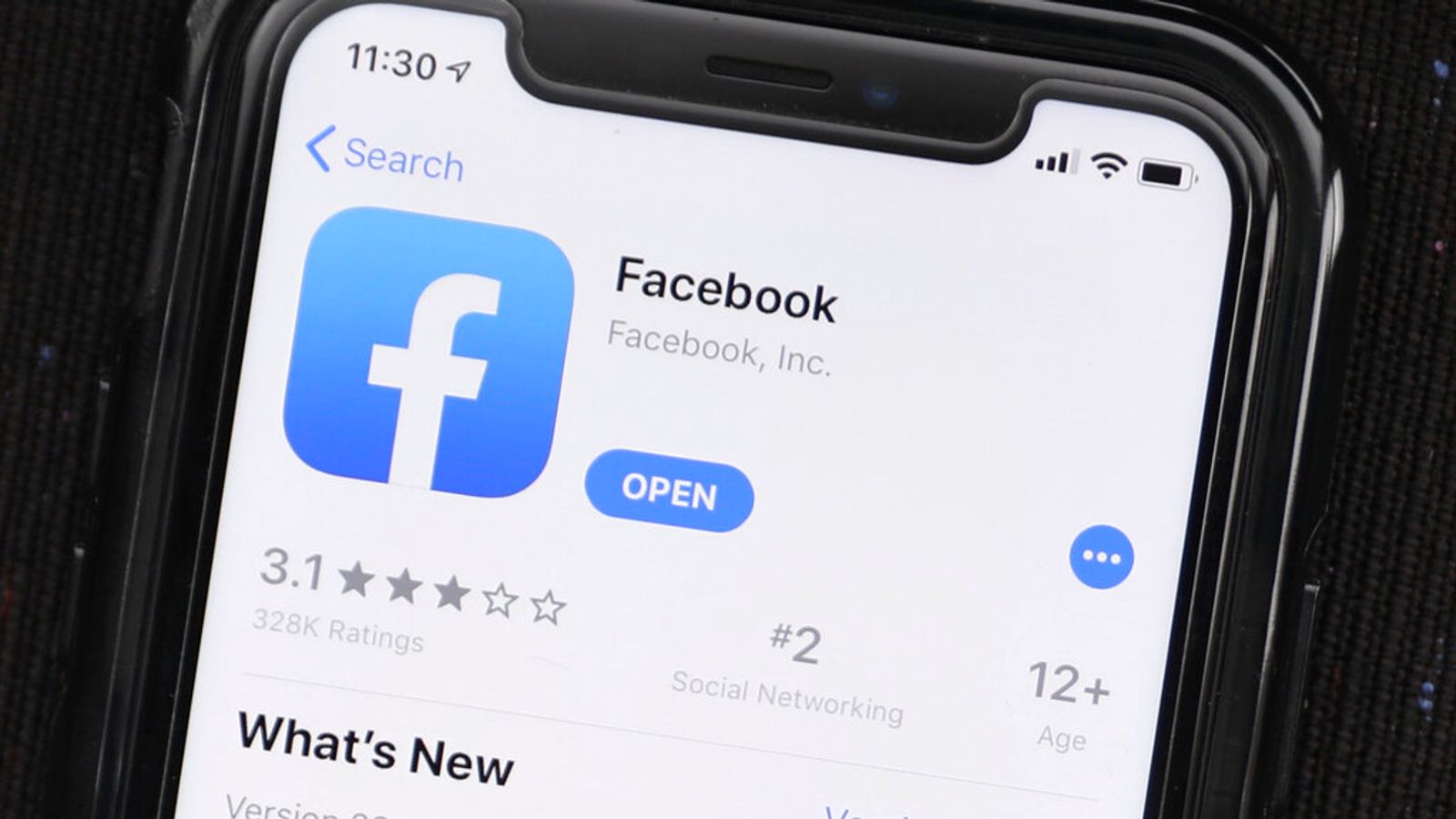Apple said it will introduce over the coming a weeks a new privacy notification that will enable users to prevent companies such as Facebook from tracking their activity on other apps and websites.
The update will be included in iOS 14.5 making it mandatory for iPhone apps to gain the device owner’s permission before collecting this additional data.
The move has provoked enormous criticism from Facebook which slammed Apple for what it described as “a discouraging prompt” that would allow users to choose whether the company could collect their data or not.
Apple’s App Tracking Transparency (ATT) feature is being released just as the iPhone-maker and Facebook are on course for a series of clashes.
A number of looming court cases and technological developments are pitting the two companies’ business models against each other, and the technology industry will be reshaped in the winner’s image.
Facebook has claimed the ATT feature would harm app developers and small businesses, and that it was an anti-competitive measure designed to benefit Apple’s own advertising features.
Apple responded by saying it welcomed in-app advertising and was not prohibiting tracking, “simply requiring each app to obtain explicit user consent in order to track so that it will be more transparent and under user control”.
Earlier this year the company’s chief executive Tim Cook delivered a scathing attack on Facebook, albeit without mentioning the company by name.
Mr Cook suggesting the company’s data collection practices had fuelled the mob attack at the Capitol building in Washington DC.
Please use Chrome browser for a more accessible video player
Speaking virtually at a conference in Brussels, Mr Cook said: “We can no longer turn a blind eye to a theory of technology that says all engagement is good engagement.
“At a moment of rampant disinformation and conspiracy theories juiced by algorithms… it’s long past time to stop pretending that this approach doesn’t come with a cost – of polarisation, of lost trust and, yes, of violence.”
Part of the issue, said Mr Cook, was that smartphone apps contain too many trackers which “surveil and identify users across apps, watching and recording their behaviour” often without users knowing that this is taking place.
“Technology does not need vast troves of personal data, stitched together across dozens of websites and apps, in order to succeed. Advertising existed and thrived for decades without it. We’re here today because the path of least resistance is rarely the path of wisdom,” he added.
“If a business is built on misleading users, on data exploitation, on choices that are no choices at all, then it does not deserve our praise. It deserves reform.
“Will the future belong to the innovations that make our lives better, more fulfilled and more human?
“Or will it belong to those tools that prize our attention to the exclusion of everything else, compounding our fears and aggregating extremism, to serve ever-more-invasively-targeted ads over all other ambitions?”
Facebook’s criticisms came as the social media company also announced it would be joining Fortnite maker Epic Games’ legal fight against Apple. It said it would be providing relevant information on how Apple’s policies adversely impacted the company.
“Free apps and the entrepreneurs and creators who build them… rely on advertising to make money, and in turn, provide free content to people – from your morning news to the game you play in line at the coffee shop to that comedy show you watched on Friday night,” explained Facebook.
“Apple has every incentive to use their dominant platform position to interfere with how our apps and other apps work, which they regularly do,” Mr Zuckerberg told investors. “They say they are doing this to help people, but the moves clearly track their competitive interests.”






















